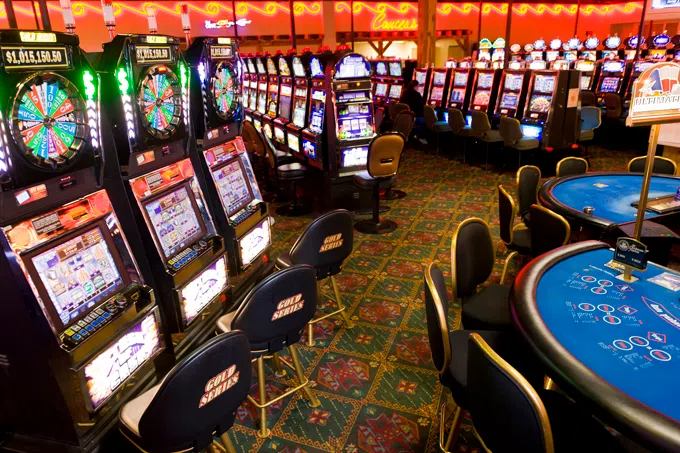
Review of the Canadian gambling industry
You have to go back a very long time to find the true origins of gambling in Canada as, by the time the first European settlers brought cards and dice game with them, the First Nations had already discovered the appeal of gaming.
But it wasn’t until 1892 that gambling was first officially allowed in specified areas by the Canadian Criminal Code and nearly 80 years later, in 1970, the different provinces were finally authorised to licence gambling in their own regions.
Today it’s a multi-billion dollar industry which boasts some of the world’s largest casinos. Outstanding amongst these is the Casino de Montreal in Quebec which occupies a full five storey building on the Ile Notre Dame which was the French pavilion in the Expo ’67. As well as having 3,000 slot machines and 100 gaming tables there’s also a separate section with 18 poker tables. It’s owned and run by the Société de Casinos de Quebec who also have three others in the province.
Ontario, especially near to the US border, has also traditionally been an important area for casinos and has relied a great deal on cross-border custom for success. So huge casinos like the Niagara and Caesars Windsor have also been long-established in the region. However, they have been hit by declining revenues in recent years for a number of reasons. These include increasing competition from casinos over the border in the US as well as far more stringent entry requirements for entering Canada from the south. The relative strengthening of the Canadian versus the US dollar has also had quite a detrimental effect on revenues.


